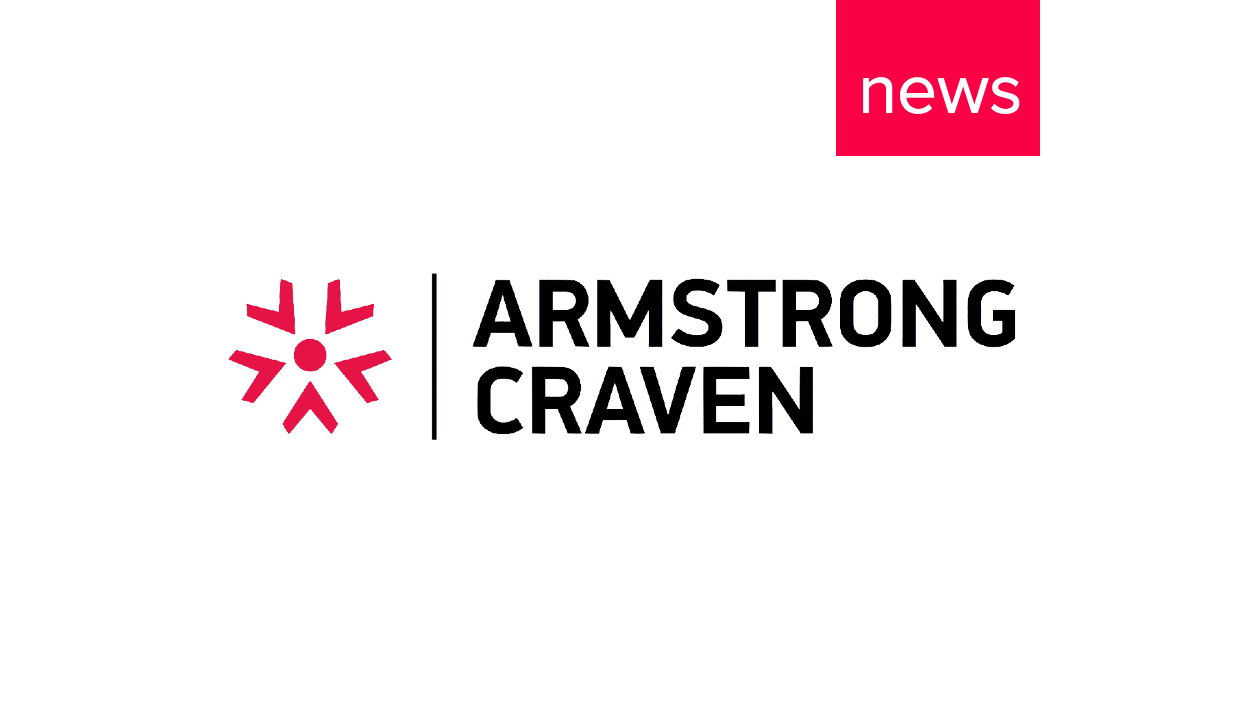Building and Sustaining a Strong Talent Pipeline
30 Jan, 20235 min
Executives worldwide all seem to agree: one of the biggest challenges they face is building and sustaining a strong talent pipeline. In a survey of 300 companies conducted by Chief Executive magazine, respondents answered "finding the right number of leaders" as their top challenge.
Human capital is fast replacing financial capital as the engine of economic prosperity. The winners in the race for talent will be those companies who develop global talent pipelines. Building and maintaining a strong talent pipeline allows you to minimise economic and business risk and gain powerful intelligence to better attract, retain and manage top talent.
Build a Strong Talent Pipeline through Global Appeal
Many of our clients are growing further and faster into new emerging markets where they encounter a talent squeeze. Local talent can be limited in specialist roles and senior leadership capabilities. Yet the appeal of continuing with a heavily weighted expat talent model has truly lost its appeal.
For example, in China, where the demand for talent still outweighs the supply, many organisations look to 'boomerang' talent, looking to return to China after working and studying in the West. As a result, demand for this talent pool has grown, particularly for specialist roles such as engineers and scientists. This is further exacerbated when coupled with demands for senior leadership capability.
These returnees combine their commitment to their home country, personal initiative, language and cultural understanding and fluency in English; they can therefore be vital in the early phases of localisation, when local leaders are still, in the majority, expats. This is a known phenomenon in many local markets; hence, this talent is highly in demand. Companies that engage early with this talent group, sell their employer brand strongly, and maintain strong communication will ultimately be a step ahead of competitors.
In addition, with the rise of video-call facilities such as Teams and Zoom during the Covid-19 pandemic causing a significant shift in work practices, organisations don't have to limit themselves to local talent. With the option to work from home, hiring managers can tap into talent from across their respective countries and globally. This is particularly advantageous to organisations that are looking for niche skill sets.
Opportunities for Career and Leadership Development
It is imperative in this talent race to ensure all succession planning is done with the future needs of the business firmly at its core. Building a strong talent pipeline is not solely about replacing unforeseen talent losses in the short term (0-6 months) but also about building the business' future talent engine (12-24-36 months).
Employees are more likely to join and stay within a company if they believe there are opportunities for longer-term career and leadership development. Therefore, it is vital that organisations build a culture of coaching, training, and encouraging staff to process within the business. The more this culture is present, and the more appealing the business will be to current and potential new workers, therefore, continuing to build a strong talent pipeline.
Strong Business Buy-in
Incredibly, from the FTSE 100 companies, only 3% of boards include HR representation. As talent pipelines are core to the future success of organisations, it is vital that the business buys into the pipeline and that the leadership team work closely with HR to ensure that people and business strategies are fully aligned. Early buy-in from the business is also critical to ensuring the employee value proposition is built homogeneously across the business.
Whether you are building and maintaining a strong talent pipeline in order to mitigate business risk, increase local leadership with global capabilities, reduce cost and time to hire, or beat the competition in the race for top talent, you had better do it quickly, as your competitors are already in the race!
Building an Inclusive and Diverse Company Culture
The importance of diversity and inclusion in an organisation's talent pipeline strategy has never been more critical. The last three years' events have caused ripples worldwide and brought several social issues to the fore, particularly diversity and inclusion.
These events have forced businesses to reflect on themselves to see if they are doing enough to build a diverse and inclusive workforce and understand the advantages of increasing representation.
The benefits of a diverse and inclusive workplace include:
- A broader range of perspectives: Having diverse employees and leaders from different backgrounds will mean that your organisation will gain a wealth of different views, experiences, and opinions.
- Larger Talent Pool: By eliminating discrimination and bias in an organisation's hiring process, you ensure that candidates are accepted based on their talent, skills, and experience rather than preconceived notions around background, gender, or ethnicity. This inclusivity will grow the number of high-quality candidates a hiring manager can choose from.
- Improved Customer Experience: Our society is becoming increasingly diverse, and everyone is active in the economy. If an organisation lacks diversity and inclusion, many members of communities can feel underrepresented due to a lack of understanding of their ideas and circumstances.
- Improved business performance: The 2021 McKinsey report, Diversity Matters, reinforced the message that diversity and inclusion is "good for business".The report concluded that organisations in the top quartile for racial and ethnic diversity are 36% more likely to have financial returns above their national industry averages. Those in the top quartile for gender diversity are 25% more likely to have financial returns above their respective national industry averages.
- Improved Company Reputation: Organisations which embrace diversity and inclusivity create a positive atmosphere where all employees feel welcome. Embracing this culture can enhance the reputation of a business among customers, employees, and investors. This leads to building a strong talent pipeline, increased business performance, and overall growth.
Work-Life Balance for an Increased Talent Pool
In today's workforce, people are more and more looking for a healthy work-life balance between their personal and professional lives. This is particularly true of the younger generation of professionals. Due to this, many companies are competing for the talent pool by offering flexible work, including working from home. The offer of flexible working options will mean that an organisation's talent pipeline strategy can open up to professionals with various out-of-work commitments, such as children.
Building and sustaining a strong talent pipeline for your organisation requires adapting to societal changes and ensuring you keep up with the challenges and demands of the modern world. Investing in people and technology, and playing a role in creating a fairer society for all, will help build your talent pipeline and ensure your business continues to grow.
To discover more, read our case study about our work with a multinational telecommunications company, where we partnered with an internal search team to help drive transformational change and Increase female diversity in the leadership team.
Please contact the Armstrong Craven team if you would like to discuss building and maintaining an effective talent pipeline for your organisation.
Speak with an expert
If you want to learn a little more about what we do and how talent research can help you make better-informed business decisions, our team of talent research and consulting specialists are happy to help.






